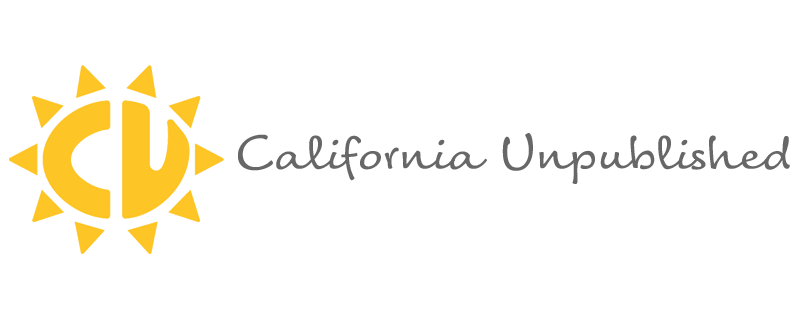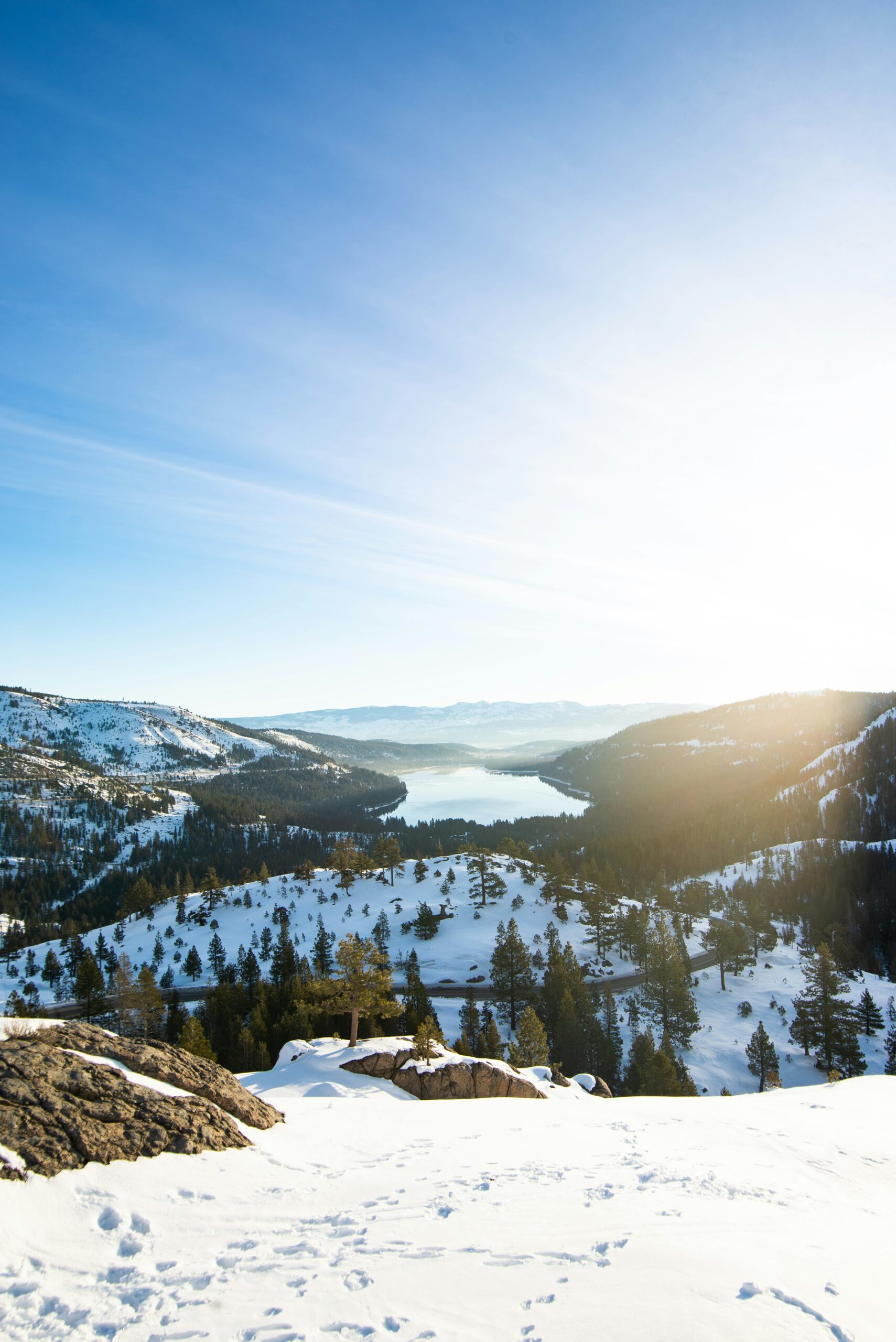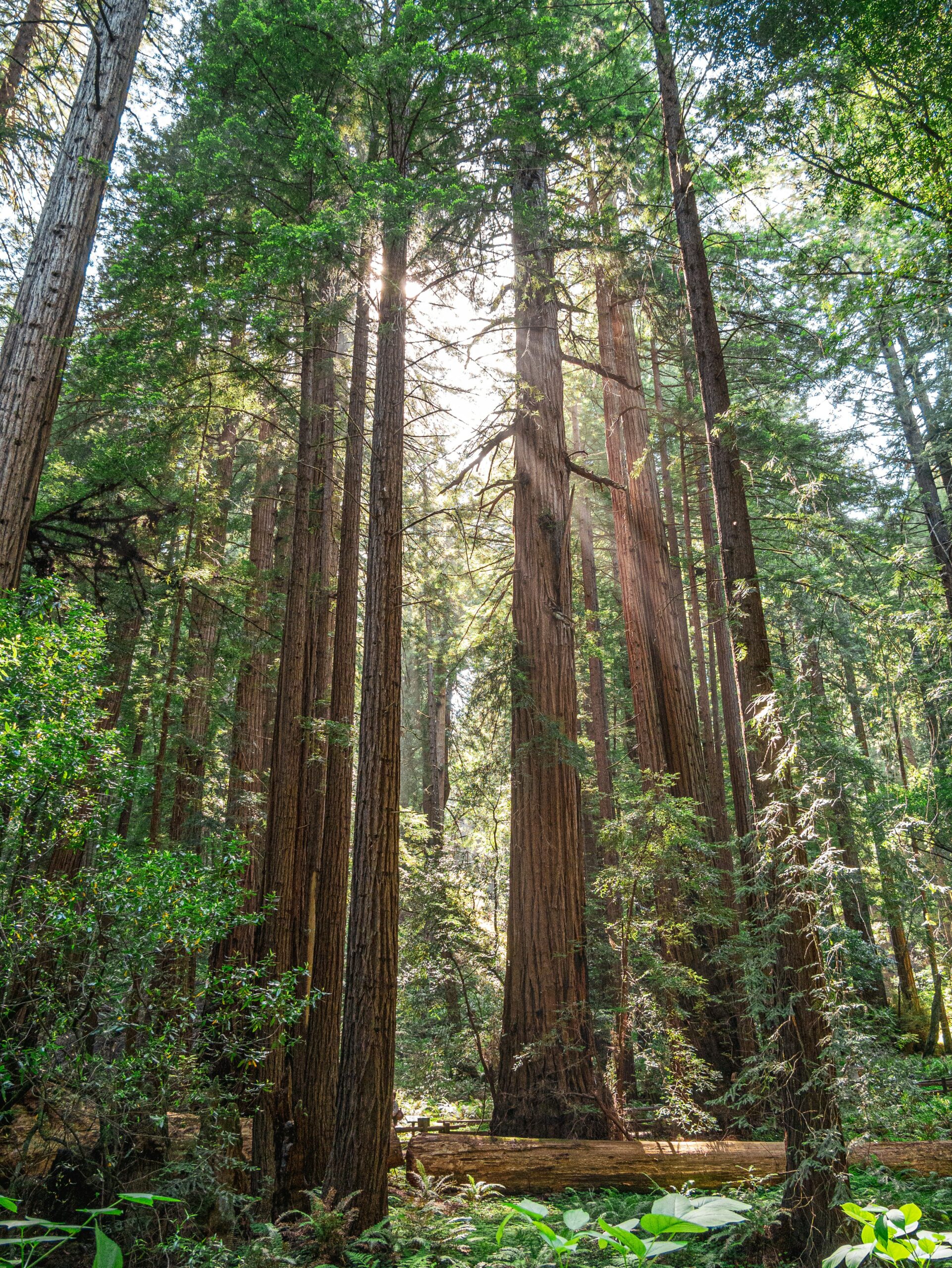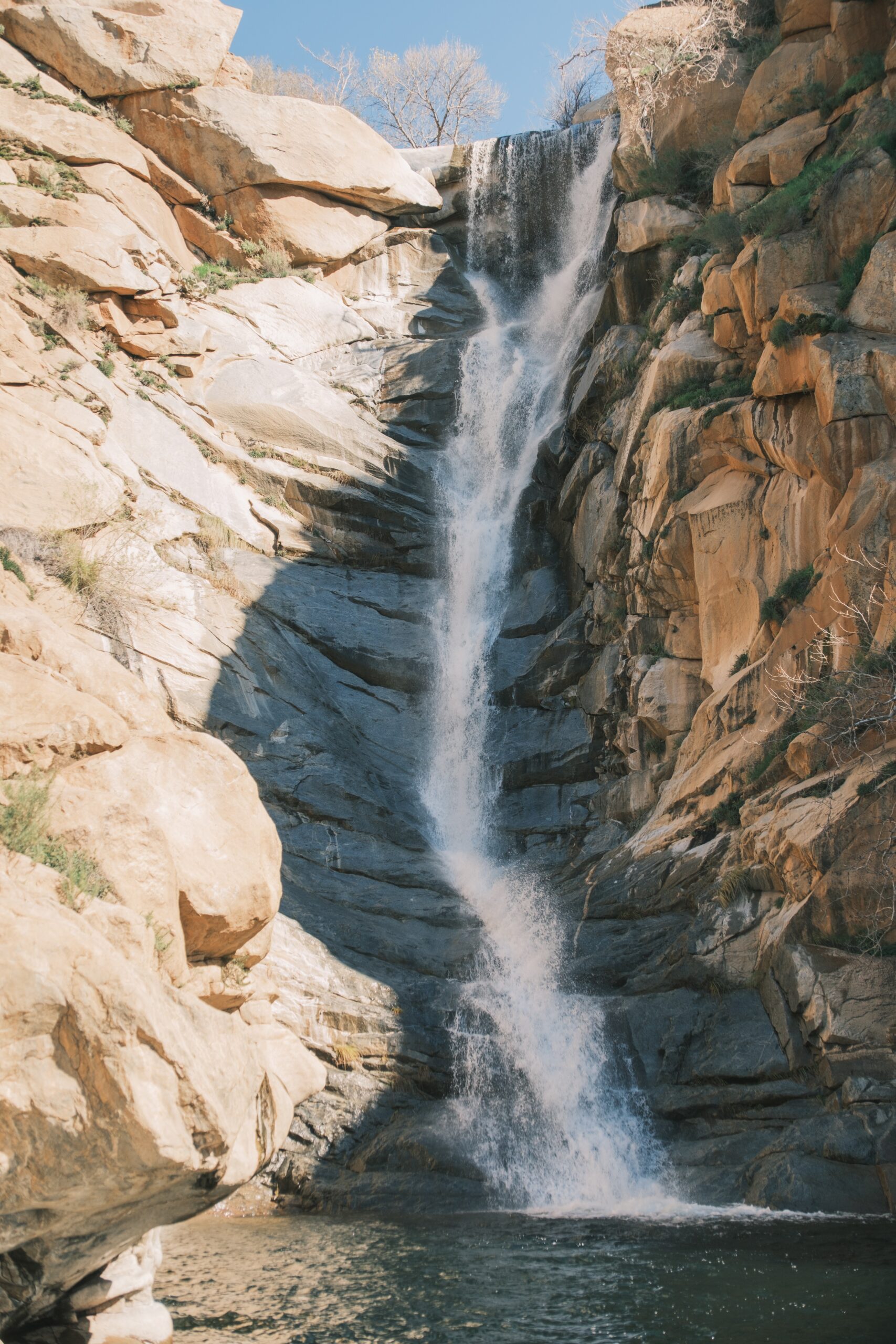California Wildfires Assistance: Help for Affected Families
Update 01/23/2025
LA County has released maps where you can search a home by address to check for wildfire damage and view any photos taken by officials.
- Eaton Fire: https://recovery.lacounty.gov/eaton-fire/
- Palisades Fire: https://recovery.lacounty.gov/palisades-fire/
| INCIDENT | COUNTIES | STARTED | ACRES | CONTAINMENT |
|---|---|---|---|---|
| Palisades Fire | Los Angeles | 1/07/2025 | 23,448 | 72% |
| Eaton Fire | Los Angeles | 1/07/2025 | 14,021 | 95% |
| Hughes Fire | Los Angeles, Ventura | 1/22/2025 | 10,176 | 14% |
To our neighbors affected by the Palisades and Eaton fires:
Our hearts go out to all our communities here in Los Angeles affected by the winds and wildfires. We are deeply saddened to see the catastrophic devastation and immense loss throughout the Los Angeles county. We want to express our gratitude to the first responders who are working tirelessly to fight these fires and keep us all safe.
We are all neighbors here in Los Angeles. Please stay safe. Please take care of yourself and others. We are holding you in our hearts. We will get through this.
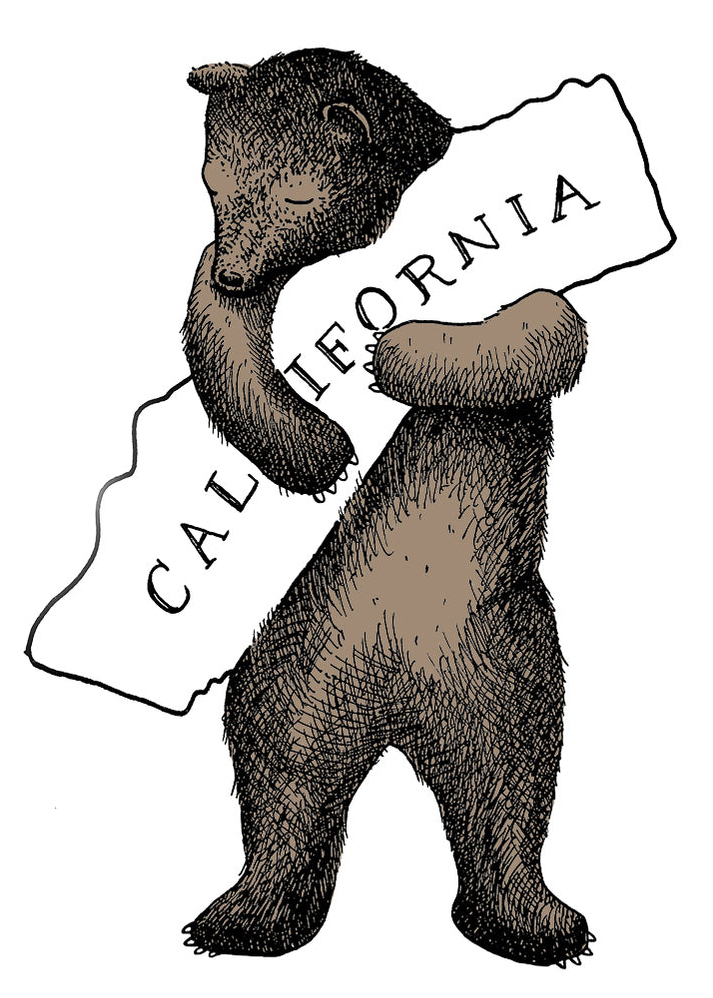
California Wildfires Assistance: Help for Affected Families
California wildfires are devastating, leaving many in dire need of assistance. If you've been affected by these disasters, there's good news – help is available. You can now apply for federal aid if you're a wildfire survivor in Los Angeles County.
The Federal Emergency Management Agency (FEMA) is stepping up to support those impacted by the recent fires. They're offering various forms of assistance to help you get back on your feet. This includes financial aid, temporary housing, and other resources to help you recover from the wildfire's effects.
Don't forget, there are other organizations ready to lend a hand too. The California Fire Foundation provides ongoing support for communities affected by wildfires, focusing on mid and long-term relief efforts. Whether you're a homeowner, renter, or business owner, there are programs designed to help you through this challenging time.
California Wildfires Assistance: Quick Links
Where to Find Information
- Airnow.gov – Interactive air quality map, or signed up for air quality alerts related to wildfire smoke
- @losangelesfiredepartment – Resources, up-to-date information and alerts via LAFD.or/alerts
- @lafdfoundation – Registered nonprofit for help and support
- @nws – Download NWS app for real-time weather alerts
- @readylacounty – Phone, email, and text alerts by registering here: ready.lacounty.gov/emergency-notifications
- @watchdutyapp – Real-time updates with maps (Update available for app on 1/13/2025)
How to support victims of the Southern California Wildfires
Shelter and Emergency Relief
- American Red Cross – The Red Cross is providing shelter, food, emotional support, and health services to displaced residents. Donate at redcross.org, call 1-800-RED CROSS, or text REDCROSS to 90999 to make a $10 contribution.
- Emergency Network Los Angeles (ENLA) – This network provides disaster relief to individuals and communities in need. Learn more and donate at enla.org.
- Community Organized Relief Effort (CORE) – CORE is supporting wildfire recovery with a focus on underserved communities. Visit coreresponse.org to contribute.
- United Way of Greater Los Angeles – United Way is assessing needs and working with community partners to aid long-term recovery efforts. Support their work at unitedwayla.org.
California Department of Veterans Affairs Assistance (CalVet)
Here are some resources CalVet offers:
Housing/Resources / Shelter
- Shelters – https://news.caloes.ca.gov/shelters-available-for-communities-impacted-by-wildfires-in-los-angeles-county-2/
- CalVet Home Loans – Home Protection Unit: 866-421-6978 (Toll-Free); 916-503-8355 (Direct) HomeProtection@CalVet.ca.gov
- VA Loan Guaranty Special Relief for the California Wildfires – https://content.govdelivery.com/accounts/USVAVBA/bulletins/3cbcf03
- LA Housing Assistance – https://www.lahsa.org/news?article=1014-resources-to-support-those-during-the-l-a-fires
Assistance and Relief Centers
- UCLA Research Park West – 10850 West Pico Blvd., Los Angeles, CA 90064
- Family Assistance Center (LA City) – 2551 Motor Avenue, Los Angeles, CA 90064(310) 837-5186
https://www.laparks.org/reccenter/cheviot-hillshttps://www.laparks.org/reccenter/cheviot-hills - Pasadena City College Community Education Center – 3035 East Foothill Blvd., Pasadena, CA 91107
- Family Assistance Center (Pasadena Convention Center – Visitor’s Bureau) – 300 E Green Street, Pasadena, CA 91101 https://www.visitpasadena.com/convention-center
- 211 LA – Dial 2-1-1 or (800) 339-6993 or visit http://www.211la.org – For information about other types of assistance not related to immediate disaster needs
- Red Cross – Call the Red Cross at (800) 675-5799 or visit: https://www.redcross.org/get-help/disaster-relief-and-recovery-services/contact-and-locate-loved-ones/california-wildfires-reunification.html
- FEMA Disaster Assistance – https://www.disasterassistance.gov/
Mental Health Support
- 988 Crisis Line – Dial 988 then press 1
- U.S.VETS – If you are veteran who has been displaced from the Los Angeles wildfires and need help for yourself or your family, please call us 213-500-1319
- The Steven A. Cohen Military Family Clinic at VVSD – Los Angeles – provides confidential, high-quality therapy, and local referral support services visit: https://vvsd.net/cohencliniclosangeles/
- Vets4Warriors – Offers peer support and counseling for veterans, including for those affected by traumatic events like wildfires (1-855-838-8255/www.vets4warriors.com)
Veterans Affairs
- Virtual Appointment – Access the following link to schedule a “Virtual” appointment. https://www.my.va.gov/VAVERA/s/
- Input your zip code and choose the Los Angeles Regional Office.
- Veteran completes name, telephone number & email
- You will be asked to select the service(s) requested
- You will select the date/time of the appointment
Human Evacuation Shelters
- Arcadia Community Center – open 24/7 for residents to charge devices, access Wi-Fi, and make shelter arrangements
- El Camino Real Charter High School – 5440 Valley Circle Blvd, Woodland Hills, CA 91367
- Pasadena Convention Center – 300 E Green St, Pasadena, CA 91101
- Pamona Fairplex – 1101 W McKinley Ave, Pamona
- Ritchie Valens Recreation Center – 10736 Laurel Canyon Blvd, Pacoima
- Sepulveda Recreation Center – 8825 Kester Ave, Panorama City
- Westwood Recreation Center – 1350 South Sepulveda Blvd, Los Angeles, CA 90025
Animal Evacuation Shelters
- Agoura Animal Care Center – 29525 Agoura Rd, Agoura Hills
- Baldwin Park Animal Care Center – 4275 Elton St, Baldwin Park
- Carson Animal Care Center – 216 W Victoria St, Gardena
- Castaic Animal Care Center – 31044 Charlie Canyon, Castaic
- Downey Animal Care Center – 11258 Garfield Ave, Downey
- El Camino High School – 5440 Valley Circle Blvd, Woodland Hills
- Lancaster Animal Care Center – 5210 W Ave I, Lancaster
- Los Angeles Equestrian Center – 480 W Riverside Dr, Burbank
- Palmdale Animal Care Center – 38550 Sierra Hwy, Palmdale
- Pasadena Humane Society – 361 S Raymond Ave, Pasadena
- Pierce College Equestrian Center – 7100 El Rancho Dr, Woodland Hills
- Pierce College Equestrian Center – 6201 Winnetka Ave, Woodland Hills
- Rose Bowl Stadium – 101 Rose Bowl Dr, Pasadena
Food and Essential Supplies
- Los Angeles Regional Food Bank – The Food Bank is distributing meals to wildfire survivors and welcomes donations of food or funds. Donate at lafoodbank.org or drop off food at their locations in Los Angeles or City of Industry.
- World Central Kitchen – This organization is delivering fresh meals to displaced families and first responders in Southern California. Visit wck.org to donate.
Some area restaurants are also offering free meals to evacuees and first responders:
- Blaze Pizza — Glendale: Free 11-inch pizzas in four cheese, pepperoni, Red Vine and Herbivore. Located at 3210 Glendale Galleria.
- Crustacean, 468 N Bedford Dr., in Beverly Hills
- Dtown Pizzeria, 8424 Santa Monica Blvd #D, in West Hollywood
- Dudley Market, 9 Dudley Ave, in Venice
- Fiorelli Pizza, 1039 Abbot Kinney Blvd., in Venice
- La Sorted's, 2847 Sunset Blvd., in Los Angeles
- Norms, participating locations
- Sonoritas Prime Tacos, 2004 Sawtelle Blvd. (West LA) and 1050 Flower St. (DTLA)
- Sora Craft Kitchen, 1109 E 12th St., in Los Angeles
- Sunday Gravy, 1122 Centinela Ave., in Inglewood
- Yeastie Boys, multiple locations
- Fatburger Food trucks — Over the next several days, Fatburger, via its food truck, the “Fatmobile,” will be serving up 10,000 meals to first responders and evacuees at first responder sites and shelters
Financial and Pet Support
- California Fire Foundation – This foundation collaborates with fire agencies to provide financial assistance to wildfire victims. Donate to their Wildfire Relief Fund at cafirefoundation.org.
- Pasadena Humane – Pasadena Humane is caring for animals displaced by the fires and seeks donations of food, crates, and blankets. They also need foster homes for larger dogs. Visit pasadenahumane.org for details.
Community and Crowdfunding Support
- California Community Foundation – Wildfire Recovery Fund – This fund supports long-term solutions for communities affected by wildfires in Los Angeles County. Donate at calfund.org.
- California Volunteers – Connect with opportunities to support wildfire relief and recovery efforts through volunteering. Learn more at californiavolunteers.ca.gov.
- GoFundMe – California Wildfire Relief Fund – Verified campaigns are raising funds for individuals and organizations affected by the wildfires. Explore fundraisers at gofundme.com/c/act/wildfire-relief/california.
- Los Angeles Fire Department Foundation (LAFD) – The LAFD Foundation provides critical equipment and funds to support firefighters during emergencies. Visit supportlafd.org to make a donation.
How to Donate
- California Fire Foundation – Provides immediate assistance to victims through programs like supplying disaster relief cash cards to those affected by wildfires. Visit www.calfirefoundation.org
- Community Foundation's Wildfire Recovery Fund – Supports intermediate and long-term recovery efforts for major California wildfires, as well as preparedness efforts. Visit www.calfund.org/funds/wildlife-recovery-fund
- Habitat for Humanity of Greater Los Angeles – Assists in rebuilding homes for those affected by wildfires. Visit www.habitatla.org/support-us
- Los Angeles Fire Department Foundation – Registered 501(c)(3) nonprofit that directly supports the @losangelesfiredepartment. Visit supportlafd.org
- World Central Kitchen – Nonprofit that immediately prepares and serves meals to communities impacted by natural disasters and during humanitarian crises. Visit wok.org/news/first-alert-ca-fires-jan25
How to Volunteer
- American Red Cross Los Angeles Region – Urgent need for disaster shelter volunteers to support those displaced by the wildfires. Volunteer here: www.redcross.org/local/california/losangeles/volunteer
- @caninerescueclub – Support for displaced pets and animals. Volunteer here: caninerescue.club/foster
- @mysafela – Partners with the LA Fire Department to enhance community resilience. Volunteer here: www.mysafela.org/volunteer
- Volunteer County of Los Angeles – Engages in various community support activities including disaster response and recover efforts. Volunteer here: volunteer.lacounty.gov
California Wildfires Recovery and Rebuilding Information
State and Federal Assistance Programs
Wildfire survivors in California can access crucial aid through state and federal programs. These initiatives provide financial support, temporary housing, and other essential resources to help you recover and rebuild.
Federal Emergency Management Agency (FEMA)
FEMA offers vital assistance to those affected by California wildfires. You can apply for federal aid to help cover various expenses. This includes temporary housing, home repairs, and other disaster-related costs not covered by insurance.
To get started, visit DisasterAssistance.gov or call 1-800-621-3362. Be prepared to provide personal information and details about your losses. FEMA may send an inspector to assess the damage to your property.
Remember, FEMA assistance is not a substitute for insurance. It's designed to meet basic needs and help you get back on your feet. Don't hesitate to reach out – FEMA is there to support you during this challenging time.
Governor's Office of Emergency Services (Cal OES)
Cal OES works hand-in-hand with FEMA to coordinate wildfire recovery efforts in California. They've launched a new website to help you navigate available resources and support services.
Through Cal OES, you can access:
- Information on evacuation centers
- Updates on road closures and air quality
- Guidance on debris removal programs
- Links to local assistance centers
Cal OES also coordinates with other state agencies to provide additional support. This includes help with unemployment benefits, tax relief, and mental health services. Don't forget to check their website regularly for the most up-to-date information on wildfire recovery resources.
Emergency Shelters and Housing Assistance
If you've been affected by the California wildfires, there are options available to help you find a safe place to stay and get back on your feet. Both short-term and long-term housing assistance programs are in place to support you during this difficult time.
Finding Temporary Accommodation
The American Red Cross is providing emergency shelters for those displaced by the wildfires. You can easily locate these shelters by visiting redcross.org or using their mobile app. These shelters offer a safe place to sleep, meals, and basic necessities.
If you prefer not to stay in a shelter, you may be eligible for temporary housing assistance. FEMA offers financial aid to help cover the cost of short-term lodging in hotels or rental properties. To apply, visit DisasterAssistance.gov or call 1-800-621-3362.
Remember, these options are designed to provide immediate relief while you figure out your next steps. Don't hesitate to reach out for help – that's what these services are there for!
Long-Term Housing Solutions
As you look towards rebuilding your life, there are programs to support your long-term housing needs. FEMA's Individuals and Households Program can provide financial assistance for home repairs or replacement if your residence was damaged or destroyed in the fires.
To apply for this assistance:
- Register online at DisasterAssistance.gov
- Use the FEMA mobile app
- Call 1-800-621-3362
If you're a renter, you may be eligible for assistance to find a new rental property. The program can help cover costs like security deposits and rent for your new home.
Don't forget to check with your insurance company about coverage for temporary housing and home repairs. They may offer additional support to complement federal assistance programs.
Health and Safety Concerns During California Wildfires
Wildfires pose significant risks to your health and safety. Taking proper precautions can protect you from harmful smoke exposure and other hazards.
Air Quality and Pollution
Wildfire smoke contains dangerous particles that can irritate your eyes, nose, throat, and lungs. Stay informed about local air quality conditions through official channels.
When air quality is poor, limit your time outdoors. Keep windows and doors closed in your home. Use air purifiers with HEPA filters to clean indoor air.
Consider wearing an N95 respirator mask if you must go outside. These masks filter out fine particles when worn correctly. Surgical masks or cloth face coverings don't provide adequate protection from smoke.
If you have heart or lung conditions, you're at higher risk from wildfire smoke. Follow your doctor's advice and have medications on hand.
Post-Disaster Recovery Process
The road to recovery after a wildfire involves crucial steps to restore the environment and rebuild communities. You'll find support from state and federal partners as you navigate this challenging process.
Debris Removal and Environmental Restoration
After a wildfire, you'll need to address the aftermath. Disaster recovery centers will guide you through debris removal. You can expect help from state and federal agencies to clear your property safely.
Environmental restoration is a key focus. You'll see efforts to prevent soil erosion and protect water sources. Replanting native vegetation is often part of the plan. This helps restore the ecosystem and reduces future fire risks.
You might participate in community clean-up events. These not only speed up recovery but also strengthen neighborhood bonds.
Community Rebuilding Efforts
Rebuilding your community is a team effort. You'll find various resources and support available. State and federal partners offer grants and loans to help you get back on your feet.
Local organizations often step up with volunteer programs. You can join or benefit from these initiatives to repair and reconstruct homes and businesses.
Community meetings become essential. You'll have a chance to voice your needs and ideas for a resilient rebuild. Urban planners may work with you to design fire-resistant neighborhoods.
Remember, mental health support is available. Recovery isn't just about physical rebuilding – your emotional well-being matters too.
Financial Resources for Affected Residents
Residents impacted by the California wildfires have access to various financial support options. These resources aim to help you recover and rebuild after the devastating fires.
Insurance Claims and Coverage
Start by contacting your insurance provider immediately. Document all fire-related damages thoroughly with photos and videos. Most homeowners' policies cover wildfire damage, but coverage limits may vary. If you're renting, your landlord's insurance typically covers structural damage, while your renters' insurance protects personal belongings.
Don't forget to inquire about additional living expenses coverage. This can help with temporary housing costs if your home is uninhabitable. Be prepared for the claims process by gathering all necessary documents, including receipts and inventory lists.
Keep detailed records of all communications with your insurance company. If you disagree with their assessment, you have the right to dispute the claim.
Grants and Loans
Federal assistance is available for Los Angeles County residents affected by the wildfires. FEMA offers grants for temporary housing, home repairs, and other disaster-related expenses not covered by insurance.
To apply for FEMA assistance, visit DisasterAssistance.gov or call 1-800-621-3362. Be ready to provide your Social Security number, insurance information, and a description of your losses.
The Small Business Administration (SBA) also offers low-interest disaster loans to homeowners, renters, and businesses. These loans can help cover repairs, rebuilding costs, and replacement of damaged property.
Remember, grants don't need to be repaid, but loans do. Carefully consider your financial situation before accepting any loans.
Physical and Mental Healthcare Services
Wildfire survivors can access crucial health services to address both physical injuries and emotional trauma. Free medical assistance and mental health support are available to help you recover.
Accessing Medical Assistance
If you've been affected by the California wildfires, free medical care is available. Local hospitals and clinics are providing treatment for fire-related injuries and health issues.
You can visit mobile medical units set up in evacuation centers for immediate care. These units offer basic health checks, first aid, and medication refills.
For ongoing health needs, contact your insurance provider about coverage for disaster-related care. Many insurers are waiving co-pays and deductibles for wildfire victims.
Don't hesitate to seek medical attention if you're experiencing respiratory issues from smoke exposure or other fire-related health concerns.
Coping with Trauma and Stress
It's normal to feel overwhelmed after experiencing a wildfire. Mental health resources are available to help you cope with stress and trauma.
The Disaster Distress Helpline offers 24/7 crisis counseling at 1-800-985-5990. Trained counselors can provide emotional support and coping strategies.
You can also access free crisis counseling services through local community centers and evacuation shelters. These sessions can help you process your experience and develop resilience.
Consider joining support groups with fellow wildfire survivors. Sharing your story and hearing others' experiences can be healing.
Remember, it's okay to ask for help. Taking care of your mental health is just as important as your physical well-being during this challenging time.
Legal and Advocacy Support
Facing the aftermath of wildfires can be overwhelming, but you're not alone. Legal assistance and advocacy groups are ready to help you navigate complex challenges and ensure your rights are protected.
Navigating Legal Challenges
After a wildfire, you might encounter various legal issues. Insurance claims can be tricky, so consider seeking help from a legal aid organization specializing in disaster recovery. They can guide you through the process and ensure you receive fair compensation.
If you're a renter, know your rights. Landlords have specific obligations during disasters. Don't hesitate to reach out to tenant advocacy groups for support.
For businesses, legal assistance can help with loan applications, contract disputes, and navigating government aid programs. Many law firms offer pro bono services to wildfire victims, so don't let cost deter you from seeking help.
Working with Advocacy Groups
Advocacy organizations play a crucial role in wildfire recovery. Groups like Emergency Network Los Angeles (ENLA) can connect you with essential resources and support services.
These organizations often provide:
- Assistance with FEMA applications
- Help accessing temporary housing
- Guidance on rebuilding processes
- Emotional support and counseling
Consider joining local community groups focused on wildfire recovery. Your voice matters, and these groups can amplify it to push for better policies and resources.
Remember, advocacy groups can also help you navigate the complex web of government assistance programs. They're familiar with the latest aid opportunities and can ensure you don't miss out on crucial support.
Nutritional and Food Services Assistance
In the wake of California wildfires, you have access to various food assistance programs and services. These options can help ensure you and your family maintain proper nutrition during this challenging time.
Food Banks and Distribution Centers
Food banks and distribution centers are crucial resources for wildfire victims. The Los Angeles Regional Food Bank, working with over 600 partner agencies, is actively assessing needs during the emergency.
If you're in Los Angeles County and need food assistance, reach out to local food banks. They often provide essential items like non-perishable foods, water, and personal care products.
Many distribution centers are set up near affected areas. These temporary locations offer quick access to food supplies and other necessities. Don't hesitate to visit these centers if you're struggling to meet your nutritional needs.
Applying for CalFresh Benefits
CalFresh, California's version of the federal Supplemental Nutrition Assistance Program (SNAP), offers vital support during disasters. You may be eligible for expedited benefits to replace lost food or as a new applicant.
To apply for CalFresh disaster assistance, call 1-800-283-4465. The process is often streamlined during emergencies to get you help quickly.
If approved, you'll receive an EBT card, which works like a debit card for purchasing food at authorized retailers. This benefit can significantly ease your financial burden and ensure you have access to nutritious meals during the recovery period.
Remember, these benefits are temporary and designed to help you through the immediate aftermath of the wildfires. Don't hesitate to use these resources – they're here to support you.
